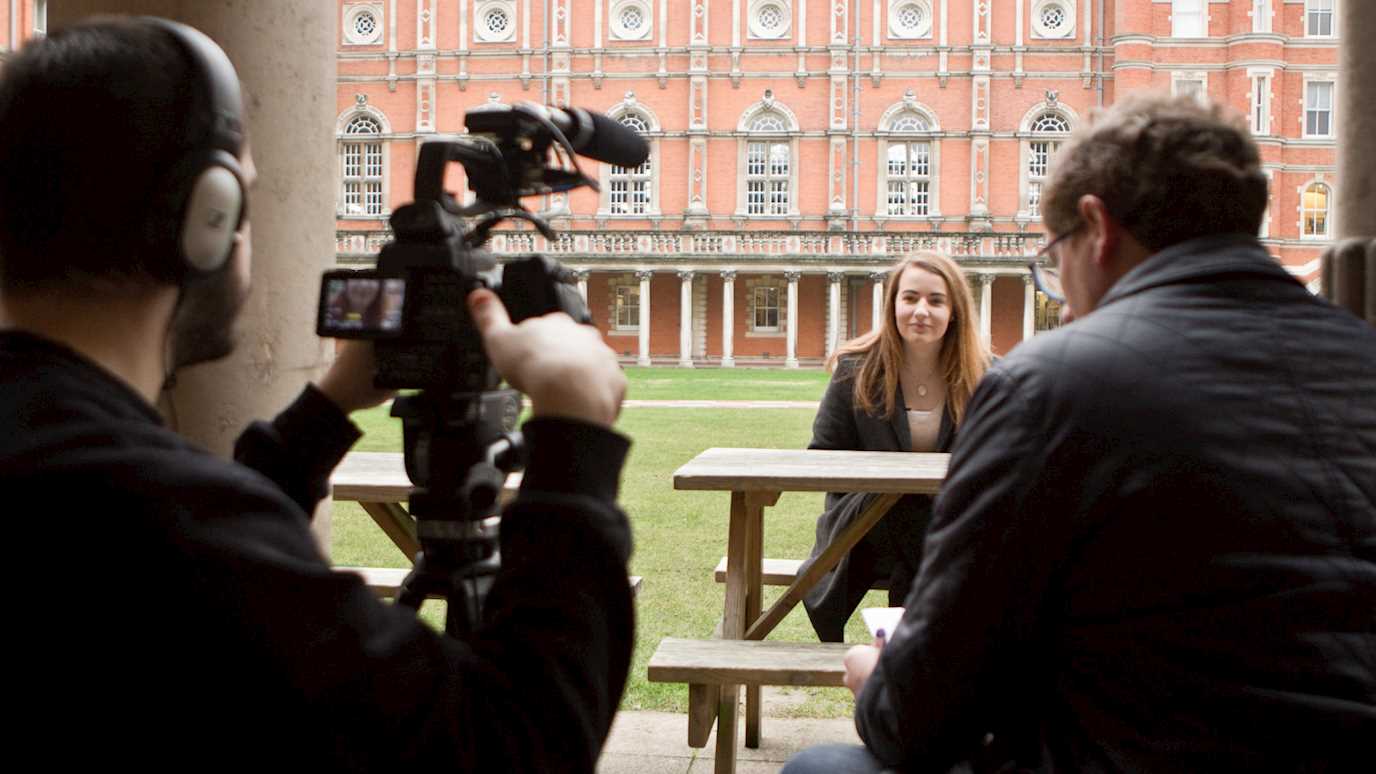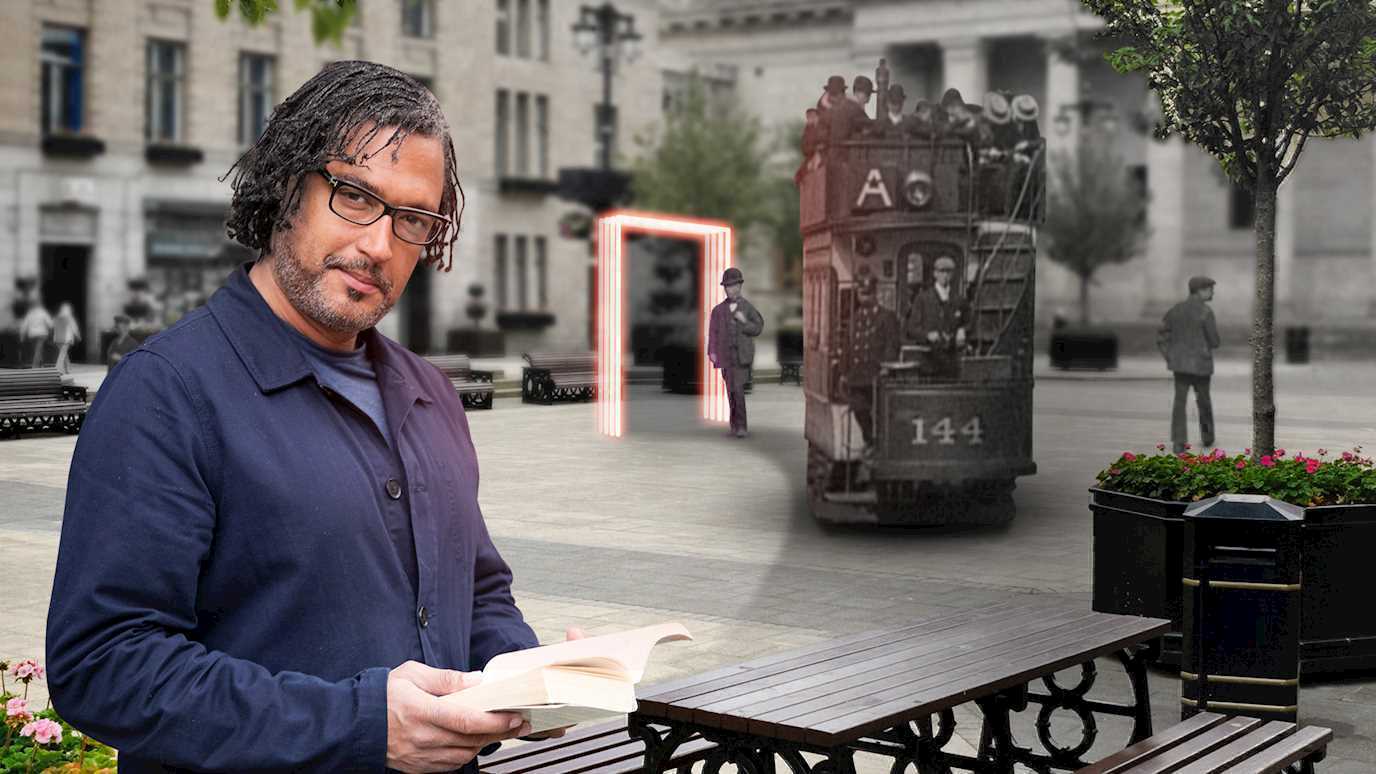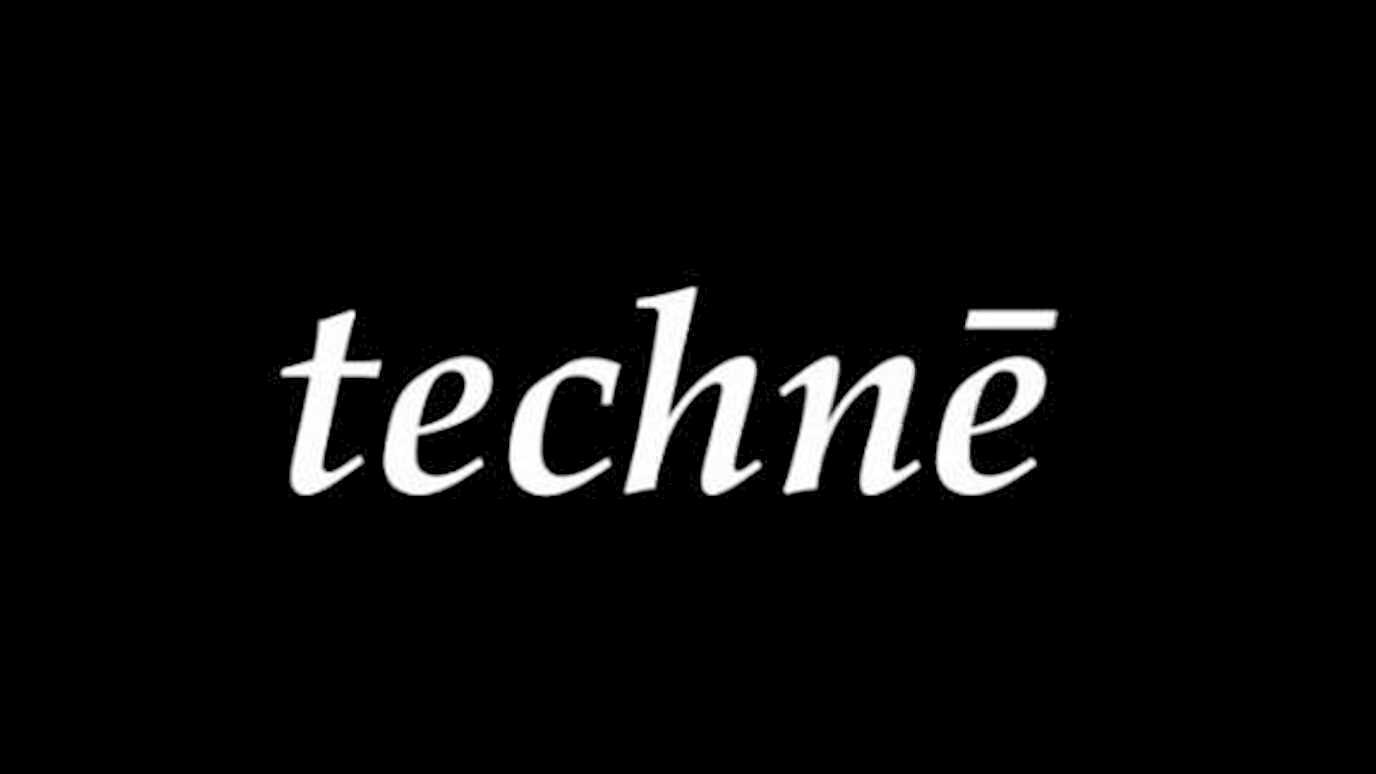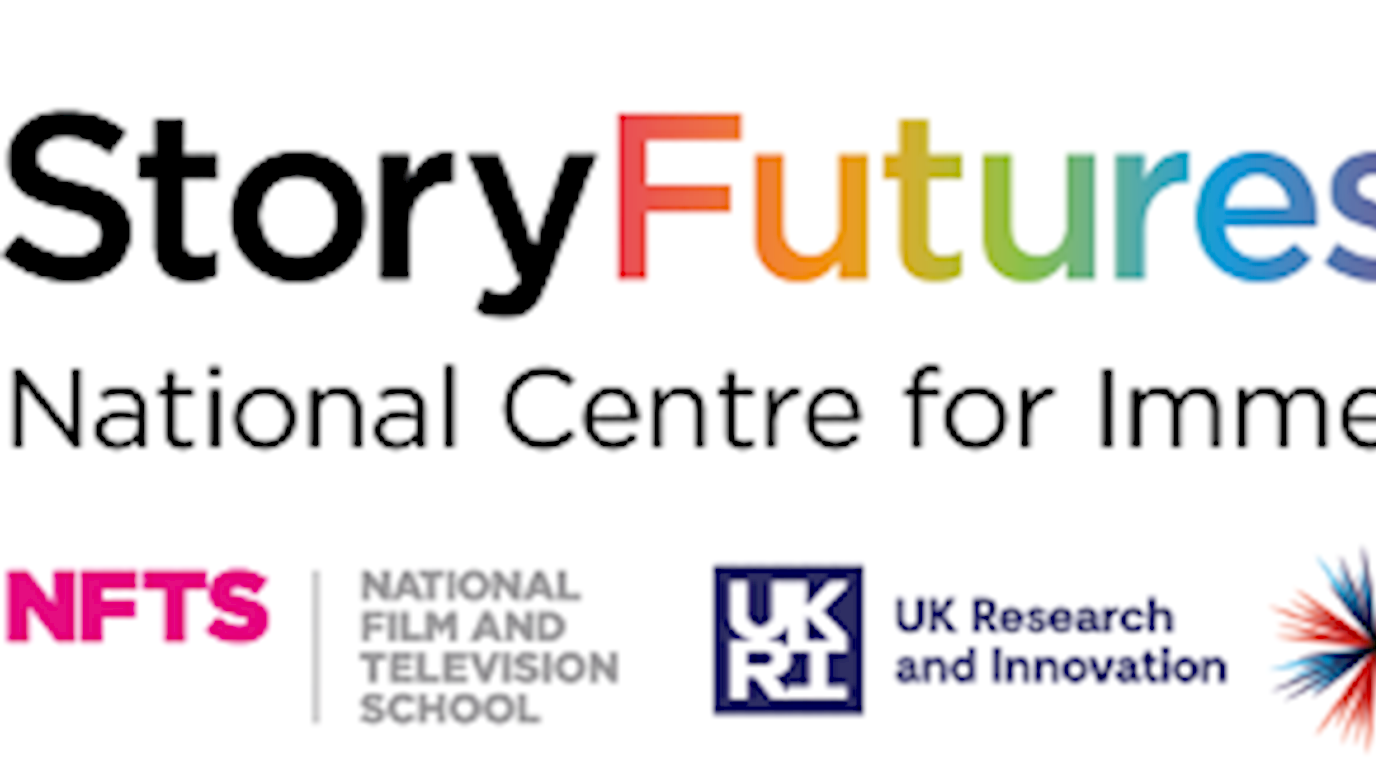The traumatic murders of George Floyd, Breonna Taylor and Ahmaud Arbery in the United States, and Jimmy Mubenga on UK territory, among countless others, have sparked global debates about structural racism around the world, and challenges us to instigate discussions about race and intersectionality in the UK.
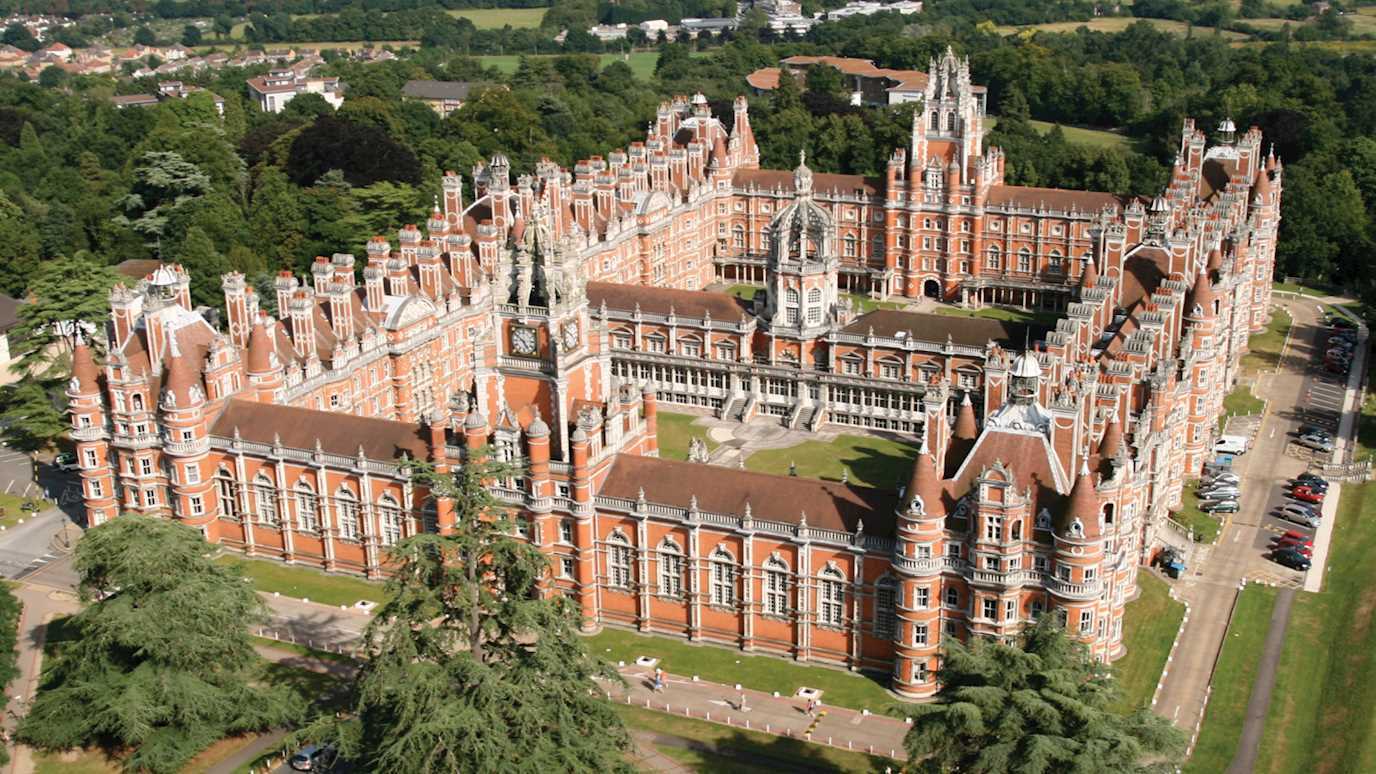
The PDA School stands side by side with our Black colleagues and students, and emphasises that these unacceptable acts take place within broader, crushing contexts of structural racism that have to be constantly and rigorously confronted. As a School, we are already committed to ongoing efforts at tackling important issues underpinning social and economic equality, justice and fairness in our curricula, and in our day-to-day running of the institution. But we realise that members of our community who do not identify as Black, or as persons of colour, still have much to learn. We have a responsibility towards building inter-ethnic solidarities together in a bid to eliminate racial and other intersectional discriminations in our institution and broader community.
As part of our school’s re-commitment to tackling inequality at the systemic level, a staff-student working group is initiating platforms for ‘Safe Space Discussion Groups’ over the summer period to facilitate honest and brave conversations around difficult topics.
These groups, run via MS Teams Meetings or Zoom Meetings over the course of the summer, are open to all staff and students. They will be organised via a sign-up beta site below, and capped at a membership of seven per session to ensure meaningful conversations in a protected zone. As far as possible, we will organise them such that there is a diversity of voices in each group. In due course we may also open spaces up for particular communities who want to address specific dynamics in the room/ specific concerns.
The first group meetings will take place on June 12, between 2 – 5 pm. It will be built around Afua Hirsch’s article* on George Floyd’s relevance to the UK. Pre-reading for this session is optional although we hope people who join future sessions will engage with the short articles or video clips we prepare. Over the summer, each subsequent group session will be focused on topics nominated from a shared and developing googledocs resource* for tackling inequality. Eventually, we hope to cover a range of topics beyond the first few themed on inter-ethnic solidarities, and delve into issues around gender, class, and dis/ability.
This Safe Space Discussion platform is entirely voluntary in its population. We seek facilitators who are willing to engage, and in the course of the summer will also attempt to provide basic facilitator training [enquiries to shzree.tan@rhul.ac.uk, please also indicate if you already have facilitation experience]. More importantly, we also seek the active participation of both students and staff as conversation-makers in our bid to share, build bridges and act on the deeply-systematised and complex problems in our community and society at large. While these spaces are designed to be organic and are for now free from the pressure of ‘learning or actionable outcomes’, we hope they will lead to discrete, identifiable, real and longer-term changes in the march towards equality in our community.**
Code of Conduct
In joining a Safe Space Discussion Group, we will commit to respecting each other regardless of race, ethnicity, sex, gender expression, age, sexual orientation, dis/ability, physical appearance, religion or celebrity. We will not tolerate harassment in any form – verbal, physical, emotional or sexual. We will not tolerate the use of misogynist, homophobic, transphobic, ableist, or racist language. Individuals violating these rules may be sanctioned or expelled from the group/ future groups at the discretion of organisers. We will instead aim to be kind, empathetic, inclusive, responsible and willing to listen.
* Open-share Resource site:
https://docs.google.com/document/d/1iX-sL1mnYE6sl4C7-OXDR5YNLWygVO7veR1lUZ9f_OA/edit
** To sign up, indicate your name and email address here (scroll down for more dates - arranged with latest dates at the top). Due to the limit of 7 persons per group, we may consolidate some of these sessions. You can help us make this process efficient by stating your availability for alternative sessions. Please sign up at least 48 hours before the session you wish to attend. Once we have a viable group of seven confirmed, we will email all members an MS Teams/ Zoom link with which to join the meeting.
If you have any questions about or suggestions for the scheme, please contact shzree.tan@rhul.ac.uk
Safe Space Discussion Group Working Committee
Emmanuel Tamunotonye Dakoru-Whyte
Katerina Finnis
Lynette P Goddard
Susan Lee
Micah Anne Neale
Shanika Ranasinghe
Shzr Ee Tan









